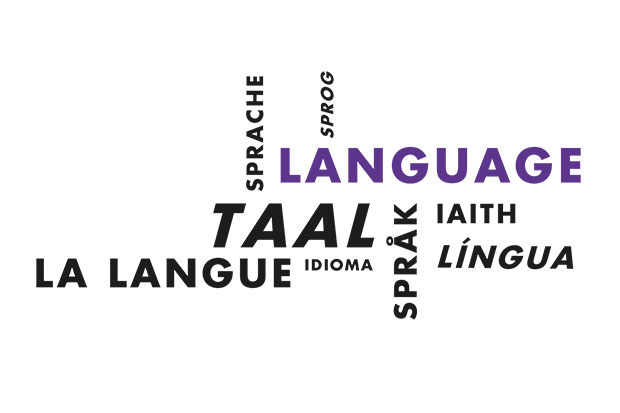Picture the scene: an Englishman loudly-ordering food in a Parisian restaurant. The waiter rolls his eyes at the customer’s stubborn commitment to soldiering on in English, and everyone in the-vicinity has the good grace to look suitably embarrassed. This may sound like a tired 1970s stereotype. Except, tragically, it’s just as likely to serve as a prophecy for our future.
Three quarters of the UK’s residents are unable to hold a conversation in any language other than English. This reluctance — or lack of interest — is echoed in this summer’s academic results. This year the number of entries to French GCSE exams fell by 8.1 per cent compared to 2015, while German entries dropped by 7 per cent. A-level French entries also fell by over 6 per cent, alongside a 4.2 per cent decrease in German. Spanish, happily, enjoyed a boost, but the overall picture is one of woe.
The UK has carried a mantle of infamous linguistic laziness for decades, instead relying on diligent foreigners to learn English in order to make conversation. But in this age of Brexit, are we reaching the point where English alone will no longer cut it? Back in 2002, around 76% of GCSE students studied a language. Two years later, Labour made teaching-languages to-children aged over 14 optional, rather than compulsory. The decision sparked a rapid decline in the number of pupils opting to take languages, with the percentage of students sitting a language GCSE sinking to 40 per cent in 2011. This year, out of a total of 4,556,099 GCSE exam entries, only 334,355 were in a modern foreign language — just 7.35 per cent.
An attempt at backpedalling by the Tories saw the announcement of the English Baccalaureate in 2010. This required children to study English, maths, a-science, a foreign language and a humanity to reverse the perceived ‘dumbing down’ of GCSEs.







Comments
Join the debate for just £1 a month
Be part of the conversation with other Spectator readers by getting your first three months for £3.
UNLOCK ACCESS Just £1 a monthAlready a subscriber? Log in